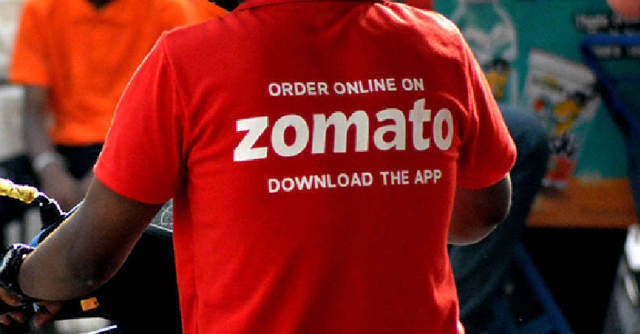
Zomato pulls out of TechEagle acquisition deal two years after announcement


Two years after it announced the acquisition of TechEagle Innovations, food delivery and restaurant aggregation major Zomato has confirmed that the companies have parted ways, with the Lucknow-based firm now operating as a separate entity.
The development comes on the heels of Gurugram-based Zomato, along with companies such as Dunzo, Swiggy and budget carrier SpiceJet, receiving approval from the Director General of Civil Aviation to test their Beyond the Visual Line of Sight (BVLOS) drones for delivery.
Founded in 2015 by Vikram Sigh Meena when he was a student at IIT Kanpur, TechEagle Innovations is focused on last mile delivery of healthcare products, parcels and food using drones.

According to a Zomato spokesperson, the separation of TechEagle will not impact Zomato’s tests for BVLOS drones.
“The DGCA’s recent permissions to begin testing drone delivery is great – we are going to move forward with our testing as soon as it is safe for our team to travel to the designated testing locations,” the spokesperson said in response to emailed queries from TechCircle.
“While we are thankful to Vikram for building a strong engineering foundation for our drones team at Zomato, we are no longer aligned about our future goals and have decided to operate as separate entities. Vikram and his team are supremely talented and we wish nothing but the best for them,” added the spokesperson.

The development was first reported by Moneycontrol.
Zomato has been rationalising costs as the food delivery industry is still reeling from the effect of Covid-19. The Ant Financial-backed entity announced salary cuts and laid off 13% of its staff in May, stating that it was expecting the number of restaurants shrinking by 25-40% over the next few months. Its core business is now a priority for the company, as it rolled back its grocery delivery service, Zomato Market, in select areas.
Restaurant industry bodies such as the National Restaurant Association of India expect the business to be stagnant at 30-40% of the pre-Covid levels.

